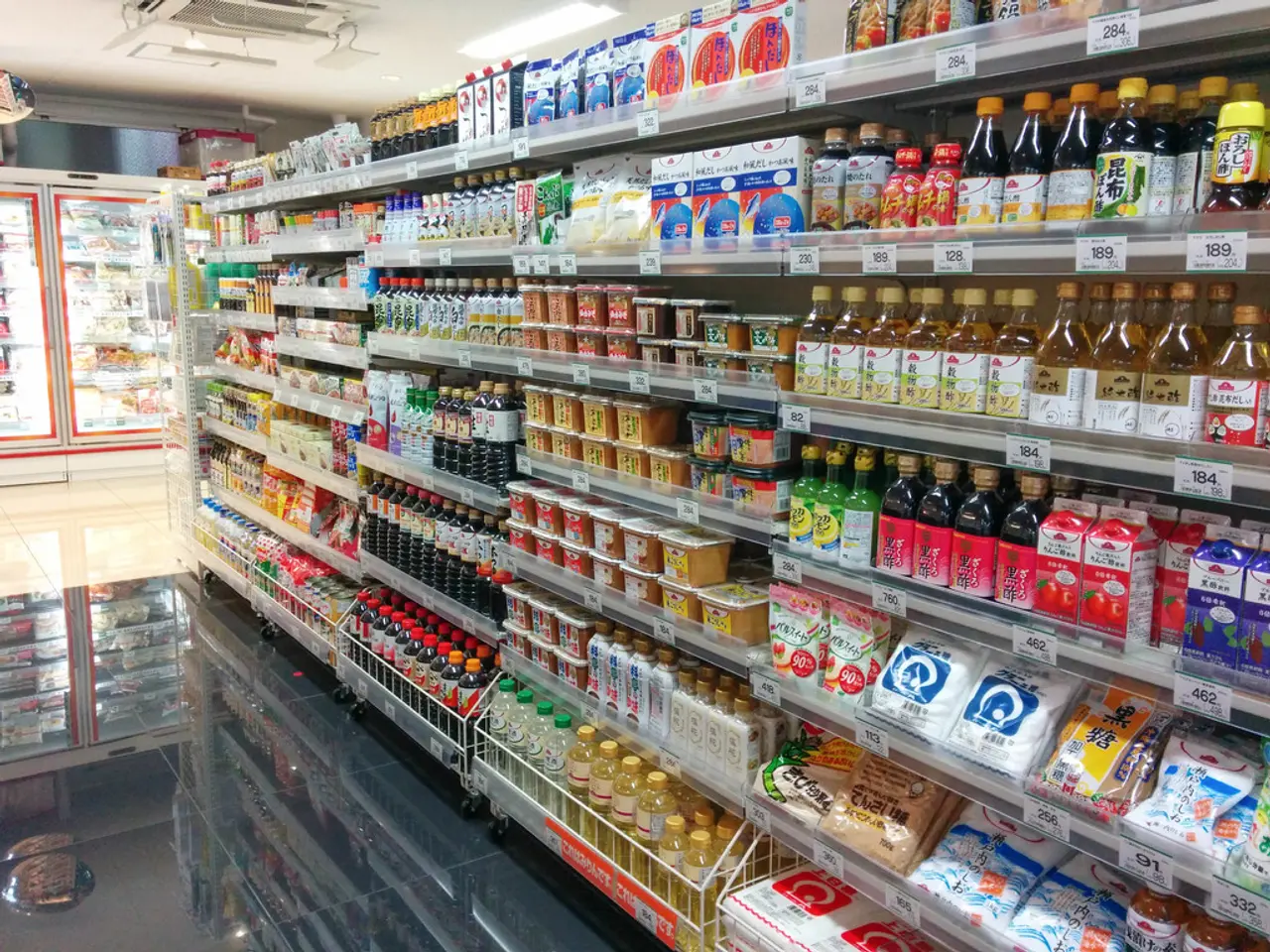Job scarcity dampens the spirits of self-employed individuals
The economic situation for self-employed individuals in Germany is facing significant challenges, primarily due to a persistent shortage of orders and a deteriorating business climate. According to the Ifo Institute, around 43.6% of self-employed workers say they have too few orders, indicating weak demand for their services[1][2].
This order shortage, coupled with ongoing economic challenges such as rising unemployment and cautious hiring by companies, is causing concern for many self-employed workers. The retail sector and service providers, where most self-employed operate, are particularly affected by the downturn[1]. Additionally, moderate inflation and price pressures are increasing operating costs while revenues decline[3].
The impact of these economic pressures is evident in the declining business climate index for self-employed and microbusiness owners. The index has fallen to –16.9 points in July 2025, indicating worsening expectations[1][2]. This decline can lead to lower income stability, difficulty maintaining business operations, and higher unemployment or exit from self-employment[1][2][3].
The retail sector's decline reflects broader challenges to small-scale self-employed entrepreneurs. Many self-employed people are also evaluating their current business more negatively in view of falling turnover[1]. Neglecting retirement readiness may create long-term financial insecurity for self-employed individuals and stress on social systems[5].
To address these issues, several potential solutions have been proposed. These include increased fiscal spending and investment incentives, such as the 100 billion euro investment fund (Deutschlandfonds) to mobilize private capital for strategic sectors[4]. Reducing bureaucracy and labor reforms aimed at lowering labor costs and improving business sentiment could also ease pressures on the self-employed[4].
Encouraging retirement planning, supporting order growth, skill development, and diversification are other proposed solutions to alleviate the immediate challenges faced by self-employed individuals[5]. The Association of Founders and the Self-Employed Germany (VGSD) believes the government is yet to provide a clear signal of economic support[6].
Despite these challenges, the Ifo Institute's concerns about the self-employed's economic situation still hold, as the order situation for many remains critical[1]. The Ifo Institute surveys around 1,660 solo self-employed people and small businesses with up to nine employees each month, but their surveys do not focus specifically on the retail sector[7]. In July, service providers evaluated their current business situation only rarely positively, while their expectations became increasingly pessimistic[8].
Andreas Lutz, chairman of the VGSD, stated that the new federal government has set foreign policy accents but has not yet provided a clear economic signal for self-employed people[9]. The Ifo Institute did not provide specific details about the government's plans for an "active pension," but stated that they would be extremely expensive[10].
References:
- Ifo Institute: Business Climate Index for Self-Employed
- Reuters: German Self-Employed Suffer from Order Shortage
- Statista: Inflation in Germany
- Bundesregierung: Investment Fund Deutschlandfonds
- DIHK: Retirement Planning for Freelancers
- VGSD: Statement on Economic Support
- Ifo Institute: Methodology
- Ifo Institute: Service Providers' Business Climate
- Handelsblatt: VGSD Criticizes Lack of Economic Signals
- Reuters: Ifo Institute on Active Pension Plan
- The government's failure to provide a clear economic signal for self-employed individuals, coupled with the deteriorating business climate and increasing costs, raises concerns about community policy and employment policy for self-employed individuals, particularly in the retail sector and service providers, where finance plays a crucial role.
- The Ifo Institute's active pension plan, which they suggest would be extremely expensive, adds to the concerns of self-employed individuals about their long-term financial security and highlights the need for encouragement in retirement planning as part of comprehensive employment policy.




